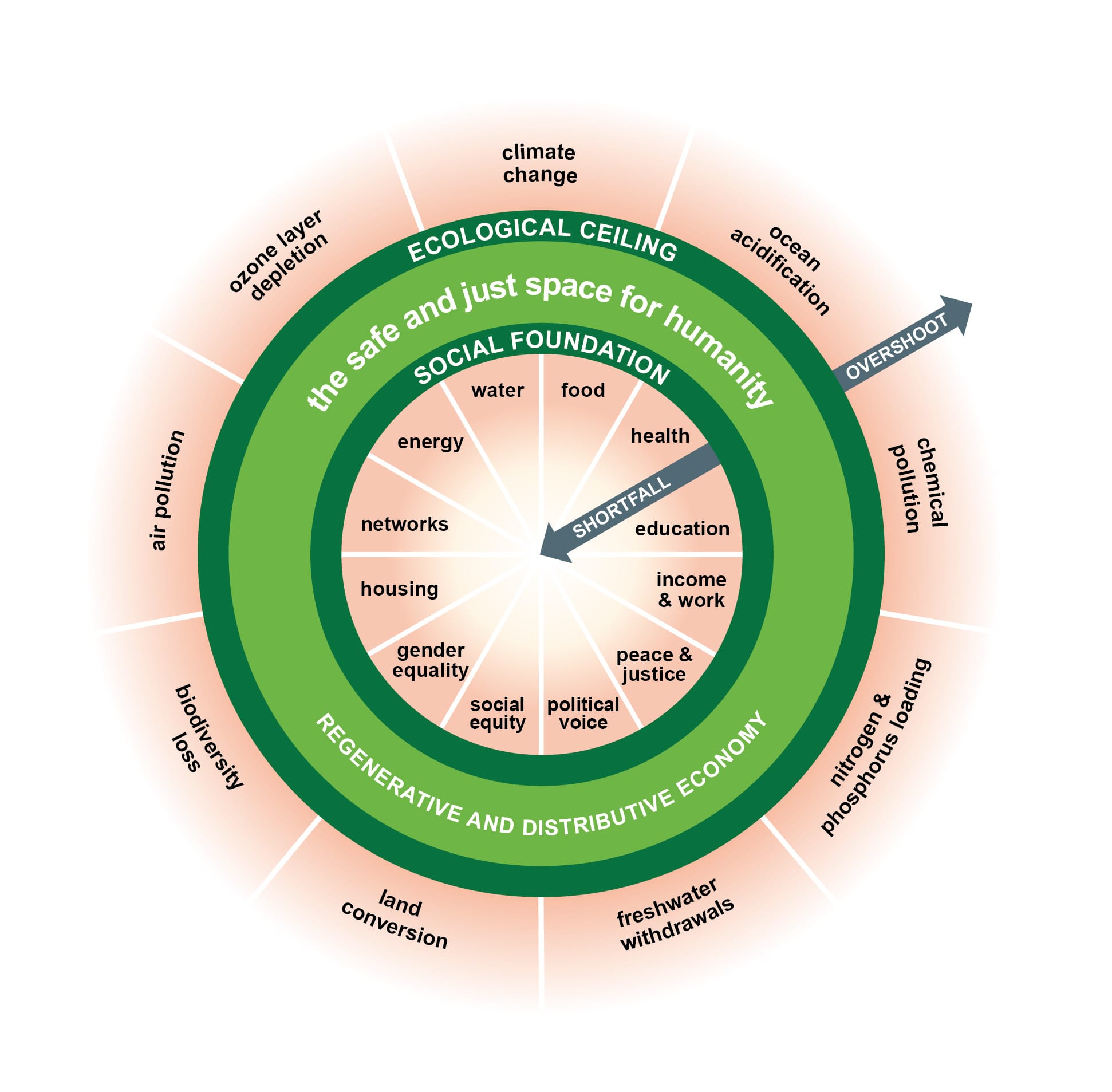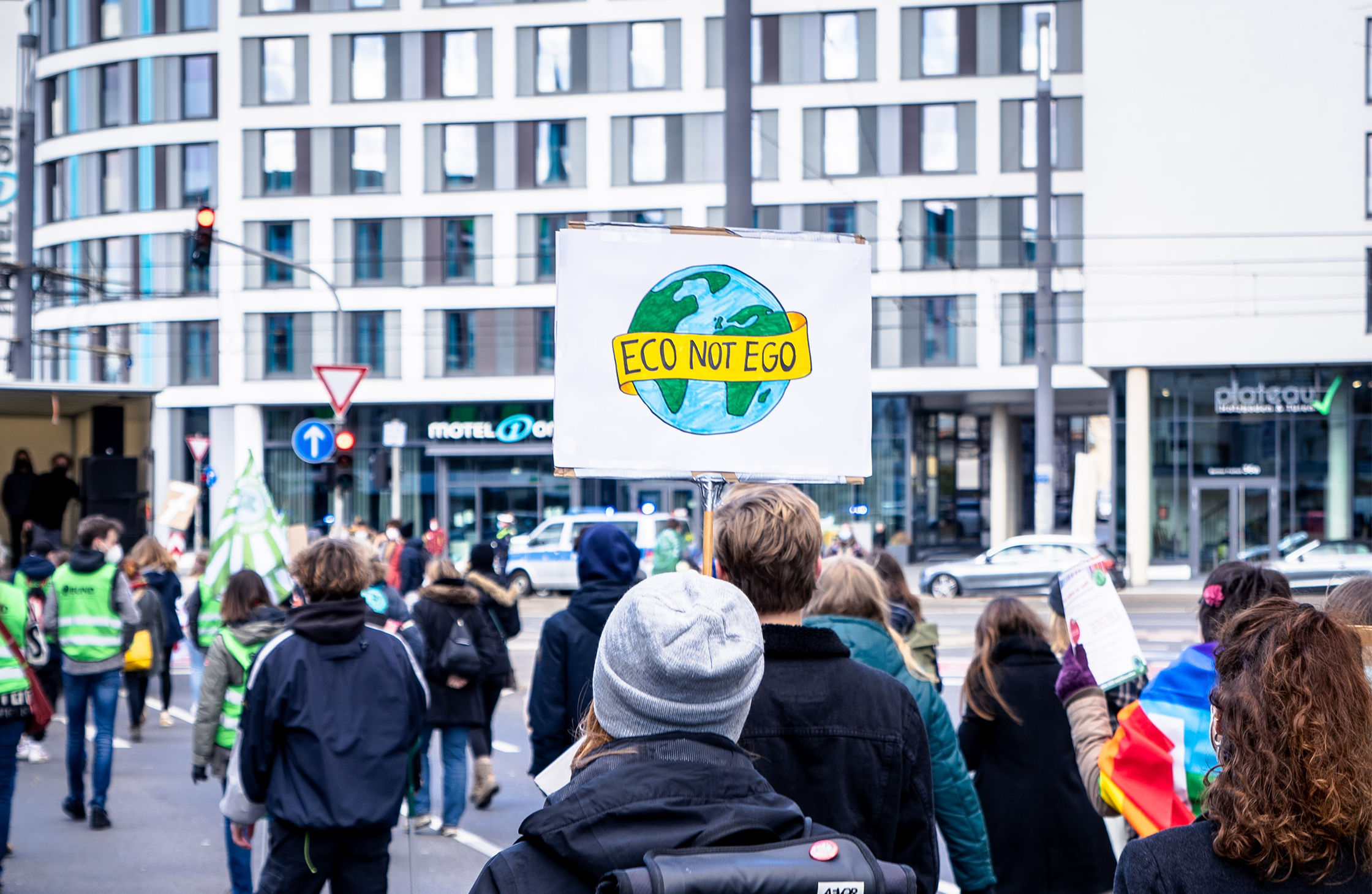Photo by Mika Baumeister on Unsplash
I am committed to bipartisan solutions to climate change because only bipartisan legislation is sufficiently durable. Individuals and corporations must be able to make long-term decisions with confidence that climate policies are here to stay.
That’s why at Citizens Climate Lobby, we work hard to connect with conservatives on climate change solutions — and we are finding common ground on climate change. Yet few Republican politicians have publicly supported the carbon fee and dividend policies that CCL advocates.
The Republican Party is currently a mess, so let’s step back and consider policies NOT designed to appeal to them. I’m talking about policies that assume that the Republican party will collapse — opening the door for environmental solutions favored by Democrats — and Congress will pass environmental legislation via budget reconciliation or a supermajority in the Senate.
This assumption is frankly unlikely; politics abhors a vacuum. If one party achieves a majority, it often overreaches, opening the door for the other party to recover. Minority parties take advantage of this by reinventing themselves, embracing policies that tap into groups previously unaffiliated with that party. For example, the way that poor, white voters aligned with the Republican party when Donald Trump connected with them.
I therefore submit the following policies, aware of the risk of overreach. They must be formulated with moderates in mind. Democrats must be careful not to turn off or disgust the moderates who tipped the balance of political power in their favor. For this column, I am simply framing the issues. I’ll discuss policies to address them in future columns.
Sustainability is a bigger issue than climate change, as it includes issues of resource conservation and planetary boundaries as discussed in Kate Raworth’s excellent book Doughnut Economics, which I reviewed in the June 2020 issue of Tumbleweird. Our economic system fails to account for the increasing replacement cost of materials (freshwater, soil, nutrients, minerals) and does not reward durability or repairability in products.

Related to sustainability is ecosystem health, which can be degraded by pollution and climate change, as well as resource extraction and overconsumption. Laws protecting ecosystem health are often based on the service that ecosystems provide to humans. This framework fails to consider the health of local ecosystems that humans do not depend on, but it has been effective in establishing protective laws for some ecosystems.
Thomas Piketty and Arthur Goldhammer’s book Capital in the Twenty-First Centuryshowed how income inequality naturally increases as wealthy people capitalize on their economic advantages. While the wealthy might think that all is well, there is evidence that income inequality slows economic growth, produces higher rates of health and social problems, and lower rates of social goods, such as life expectancy, trust among strangers, and social mobility. But what can be done to reverse it?
Although climate change has not been caused solely by colonialism and slavery, it does involve injustice more broadly — both intergenerational and geographical — as the emitters of pollutants pay nothing for the impacts of the pollutants. The notion of compensating victims for pollutant impacts can be extended to paying reparations to victims of slavery and colonialism. The challenge is the intergenerational nature of compensation.
Some have argued that capitalism is responsible for climate change and that it can’t be stopped without replacing capitalism. But there may be other solutions; the failure of the market to account for the impacts of fossil fuels doesn’t necessarily mean that the market must be replaced. Carbon pricing can correct much of the market failure. However, other failures of the market need to be corrected, such as the scarcity of raw materials.
Each of these issues deserves a separate column, so look for them in future issues of Tumbleweird.
Steve Ghan leads the Tri-Cities Chapter of Citizens Climate Lobby.


